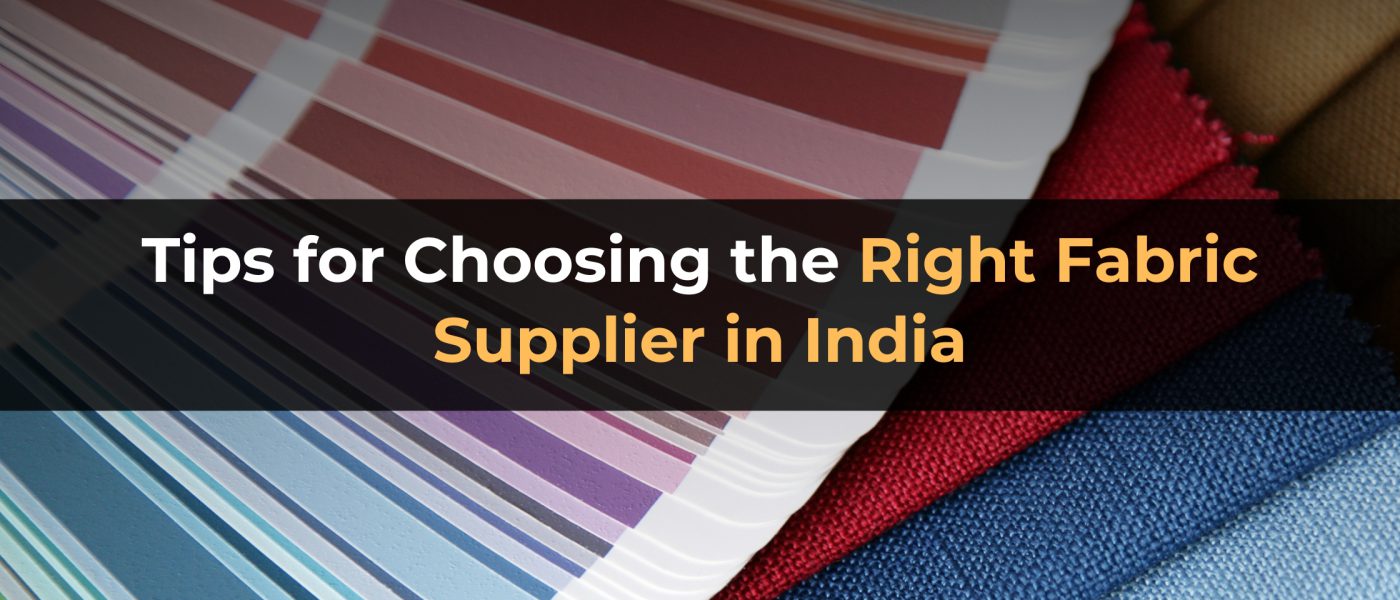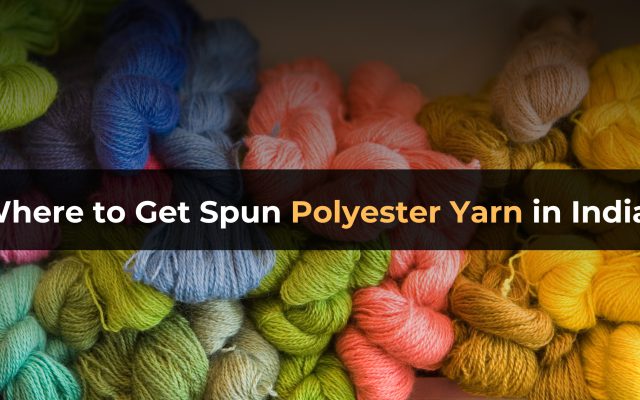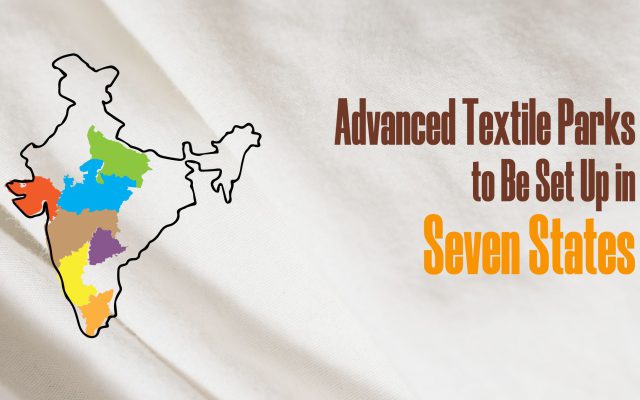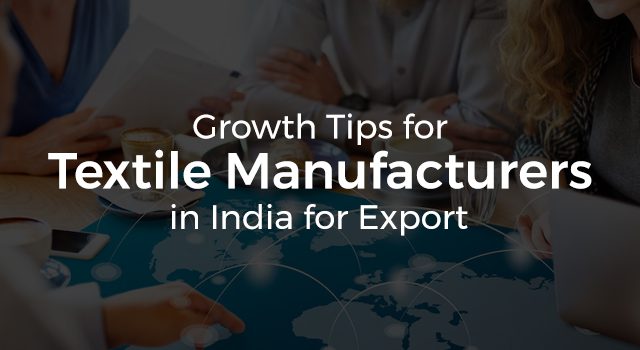Introduction
India is one of the world’s leading textile producers, offering a vast range of fabrics that cater to various industries. Finding the right fabric supplier India is essential for ensuring the quality and consistency of your products. With the rise of online textile platforms, sourcing fabric has become more accessible, but choosing the best supplier still requires careful consideration.
This article provides practical tips to help you select the right fabric supplier in India, ensuring you get the best value for your investment.
Why Choosing the Right Fabric Supplier Matters
The success of your business heavily depends on the quality of raw materials. A reliable fabric supplier ensures:
- Consistent Quality: High-quality fabrics that meet industry standards.
- Timely Delivery: Efficient logistics to prevent project delays.
- Cost-Effectiveness: Competitive pricing for sustainable growth.
- Customization Options: Tailored solutions for specific needs.
- Long-Term Partnerships: A dependable supplier fosters stability and trust.
Tips for Choosing the Right Fabric Supplier in India
1. Understand Your Fabric Requirements
Before starting your search, define your specific needs. Consider the type of fabric, quantity, color, pattern, and intended use.
- For example, if you need cotton fabrics for clothing, ensure the supplier specializes in high-quality cotton.
- If you require sustainable options, look for suppliers offering organic or recycled textiles.
2. Research the Supplier’s Reputation
The reputation of a fabric supplier is a key indicator of their reliability.
- Check Reviews: Read customer feedback on platforms like IndiaMART or TEXchange Global.
- Ask for References: Reliable suppliers often provide references from existing clients.
- Look for Certifications: Certifications like ISO or GOTS indicate adherence to quality and ethical standards.
3. Evaluate Fabric Quality
Quality is paramount when sourcing fabrics.
- Request fabric samples before placing bulk orders.
- Inspect the fabric for durability, texture, and color consistency.
- Ensure the supplier’s fabrics comply with your industry’s standards.
4. Assess Customization Capabilities
Many businesses require customized fabrics, whether for branding or specific applications.
- Confirm if the supplier offers customization options like printing, dyeing, or special finishes.
- Check their flexibility in meeting unique design requests.
5. Consider Pricing and Payment Terms
Pricing plays a significant role in supplier selection.
- Compare quotes from multiple suppliers to find competitive rates.
- Understand the payment terms, including deposits, credit options, and discounts for bulk orders.
- Beware of suppliers offering prices that seem too good to be true, as they may compromise on quality.
6. Evaluate Logistics and Delivery Timelines
Timely delivery is crucial to maintain your production schedules.
- Check the supplier’s logistics network and shipping capabilities.
- Confirm their ability to meet tight deadlines, especially for urgent projects.
- Look for suppliers offering real-time tracking of shipments.
7. Explore Online Textile Platforms
The rise of online textile platforms has simplified the process of finding reliable suppliers.
- Platforms like TEXchange Global and TradeIndia feature verified suppliers, ensuring quality and reliability.
- These platforms allow you to compare multiple suppliers in one place, saving time and effort.
- Online reviews and ratings help you make informed decisions.
8. Sustainability Practices
With growing emphasis on sustainability, partnering with eco-friendly fabric suppliers is a smart move.
- Check if the supplier offers organic or recycled fabrics.
- Confirm their compliance with environmental standards and certifications.
- Opt for suppliers focusing on sustainable production practices.
9. Communication and Customer Support
Good communication ensures smooth transactions and long-term partnerships.
- Choose a supplier who responds promptly and addresses your concerns.
- Evaluate their customer support services for resolving issues quickly.
- Ensure clear documentation of agreements, including contracts and invoices.
10. Test with a Trial Order
Before committing to a large order, place a smaller trial order to assess the supplier’s performance.
- Evaluate the quality of the delivered fabrics.
- Review their adherence to timelines and accuracy in fulfilling your requirements.
- Use this opportunity to establish trust and assess their reliability.
Common Mistakes to Avoid When Choosing a Fabric Supplier
- Overlooking Quality for Low Prices
Avoid prioritizing cost over quality, as inferior fabrics can harm your brand reputation. - Skipping Background Checks
Always verify the supplier’s credentials and reviews before entering into a partnership. - Ignoring Scalability
Ensure the supplier can handle your growing needs as your business expands. - Neglecting Sustainability
Choosing suppliers with eco-friendly practices aligns your brand with consumer expectations for sustainability.
The Future of Fabric Sourcing in India
The fabric sourcing landscape in India is evolving rapidly, driven by technological advancements and sustainability trends.
- Digital Platforms: Online textile platforms will dominate the market, making fabric sourcing more efficient.
- Sustainability Focus: Eco-friendly fabrics will gain more prominence, with suppliers adapting to green practices.
- Global Trade Expansion: Indian suppliers will continue to strengthen their presence in international markets.
- AI-Powered Solutions: Artificial intelligence will enhance supplier matching and fabric recommendations.
Conclusion
Choosing the right fabric supplier India is a critical decision that can significantly impact your business. By considering factors like quality, pricing, logistics, and sustainability, you can find a supplier that aligns with your needs. Leveraging online textile platforms like TEXchange Global and IndiaMART simplifies the process, offering convenience and reliability.
With careful research and a strategic approach, you can establish a successful partnership with a trusted fabric supplier, ensuring the consistent delivery of high-quality materials for your business.




